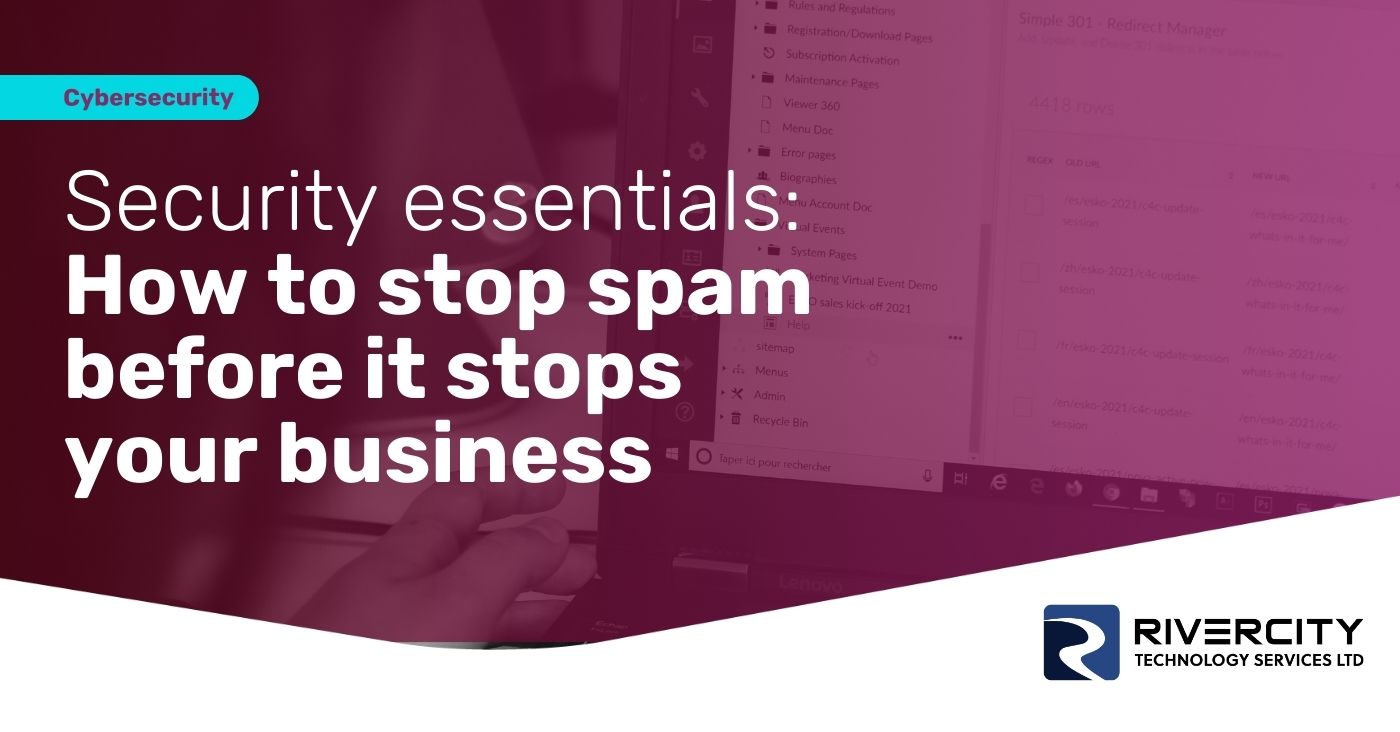It's Monday morning and your team is getting ready for another busy week. But then the inevitable happens. Your internet connection seems to be on a coffee break, and half the team is sitting idle, waiting for their computers to wake up from their morning nap.
Sound familiar?
These are the kinds of headaches that every business faces when their hardware is past its prime. Whether it’s slow computers, unreliable printers, or a network that can’t keep up, outdated tech can hold back your business, costing you time and money… and really testing your patience.
That’s when you know: It’s time for a hardware upgrade.
It’s easy to get lost in an ocean of tech options. Where do you start?
It’s always a good idea to bring in experts (like us) when you’re thinking of upgrading equipment. Then you can feel secure that you’re choosing the right options for your needs and getting the most from your budget.
There are a few things you’ll need to consider, from understanding what your team really needs, to checking if your network equipment is up to the task. And of course, how to future-proof your investments so you’re not desperate for another upgrade anytime soon…
Understanding your team's needs
The first, most important step is figuring out exactly what your team needs. The right hardware should make their work easier, not more complicated. Before you dive into specs and brands, take a step back and think about how your team works.
Making sure your setup supports your business
Now it’s time to look at your overall tech setup. A common mistake businesses make is focusing solely on computers or printers while ignoring the infrastructure that ties everything together.
Upgrading your equipment
When we talk about upgrading business hardware, computers and servers tend to get all the attention. But there’s a piece of your setup that quietly plays a massive role in keeping everything running smoothly – your network equipment.
So, how do you know when it’s time to upgrade your network equipment? Here are some telltale signs:
You don’t need much to get started with VoIP, which is one of the reasons it’s so appealing for businesses. Here’s a basic checklist:
Slow internet speeds:
If your internet connection feels slow and you’re noticing delays when downloading or uploading files, it could be your router struggling to keep up with demand.
Wi-Fi dead zones:
If parts of your office suffer from weak or non-existent Wi-Fi, it’s a clear sign your access points or routers aren’t providing enough coverage.
Frequent disconnects:
If your devices keep losing connection, even for a few seconds, it’s a red flag that something’s off with your network stability.
Security concerns:
If your network equipment is more than a few years old, it could lack the robust protection needed to safeguard your business from modern cyber threats.
Once you’ve identified that it’s time to upgrade,
Speed and performance Your router and switches should be capable of handling the current and future demands of your business. With more devices connecting to networks, including smartphones, laptops, and smart office equipment, you need equipment that can handle a higher load.
Coverage and Capacity Upgrading your access points can make a huge difference. Mesh Wi-Fi systems are a great option for businesses with larger spaces, as they allow you to place multiple access points around the office for consistent, strong coverage everywhere
Security features Modern routers come with built-in security features to help protect your business from cyber threats. Some even offer advanced threat detection and monitoring, keeping an eye on unusual activity across your network.
Scalability As your business grows, your network will need to grow with it. Invest in equipment that can scale up as you add more devices and team members. Look for routers and switches that support multiple users and connections without slowing down.
Manageability Today’s network equipment often comes with management software that allows you to monitor performance, troubleshoot issues, and optimize your setup. These tools can give you better visibility into how your network is being used and help you address potential problems before they affect productivity.
Futureproofing your hardware investments
Technology moves fast, and the last thing you want is to make a big investment, only to find your equipment is outdated in a year or two.
Futureproofing your hardware means making smart choices today that will serve your business well into the future. It’s about ensuring that your tech not only meets your current needs but also has the flexibility to grow with your business as it evolves.
The key is to strike a balance, investing in technology that serves your current needs while staying flexible enough to grow with your business.
Whether it’s upgrading your computers, improving your network, or preparing for future growth, you now have a roadmap to help you choose the right hardware for your business.
Of course, making the best decisions for your business often requires a deeper level of
expertise. Every business has unique needs and navigating tech upgrades can be tricky.
We help businesses round here set out their technology strategy and implement it. To make sure you’re getting the most out of your hardware choices without the headache...






















